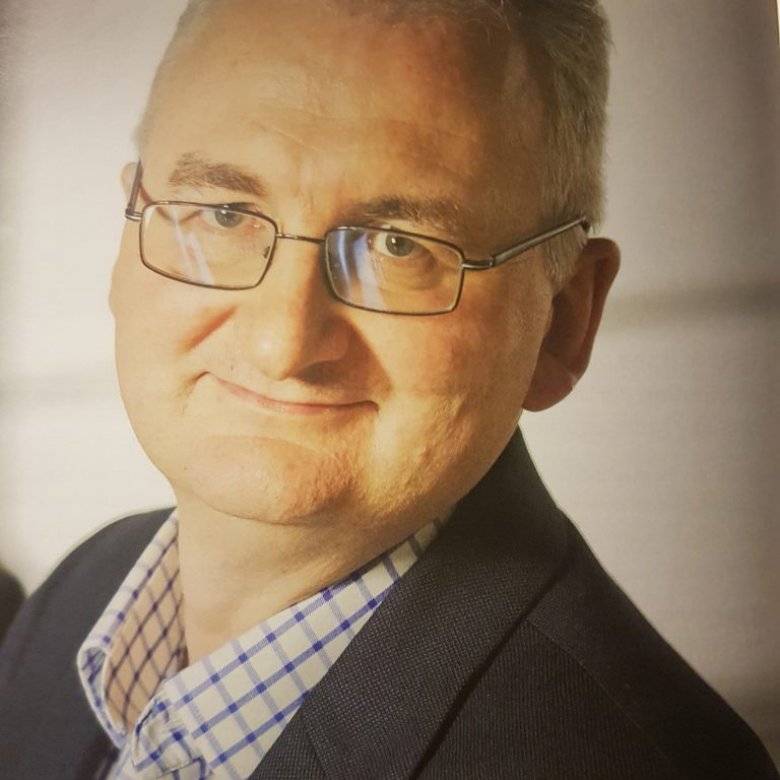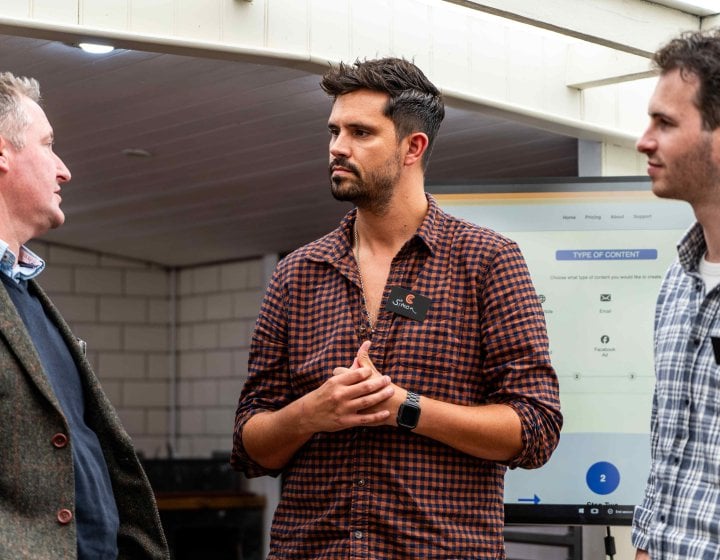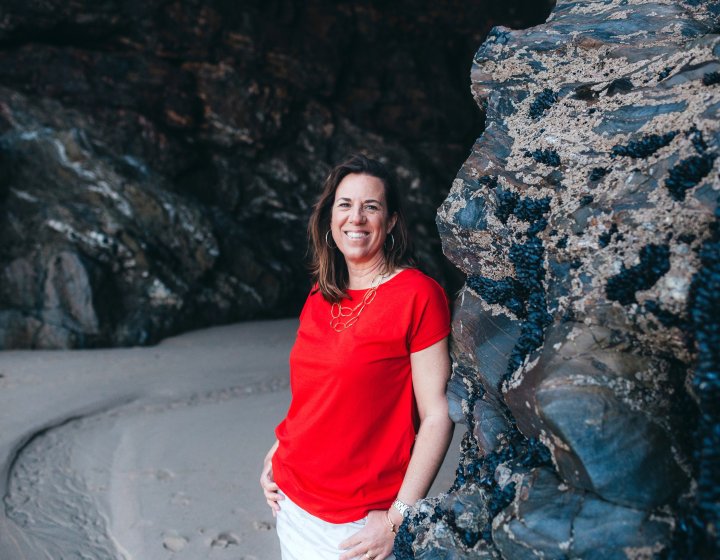Servant Leadership – has its time finally arrived?

Andy Gill is the founder of Little Oaks Consultancy. With 30 years' experience across business development, finance and leadership in large and medium enterprises, Andy will soon be mentoring our start-ups. In this latest blog post Andy discusses the importance of leadership by persuasion rather than force.
I try to be a Servant leader. I love working with and leading diverse teams in a way that allows them to grow and succeed. I am a Fellow of the Institute of Chartered Accountants, but I love the people side of business as much, if not more, than the numbers!
I have been involved in many complex financial and commercial deals, new business development, M&A, business start-ups and new product introduction, transitioning from hardware to services to SaaS. I moved from a large corporate to an SME to get more hands on in a leadership role.
Become freer, healthier, wiser and more autonomous. It is about leadership by persuasion rather than coercion.
The reason I opened my introduction with the Servant leader is that it is at the core of what I believe makes a good leader in any organisation. The concept has been around for over 2000 years but was put into its clearest form by Robert K Greenleaf in 1970. Whilst 50 years old the essay "The Servant as Leader" is still incredibly pertinent to today. In a world where workplace bullying, stressed workers and stories of the wrong kind of leadership are sadly too common, I often question why the concepts laid out are still not considered the norm.
Greenleaf refers to the critical importance of trust again and again, where true leaders are chosen by their followers, because they are proven and trusted as servants and where the people served grow. Become freer, healthier, wiser and more autonomous. It is about leadership by persuasion rather than coercion.
It does give me hope that many of the new start-ups I have looked at, as well as being creative, and mould breaking, also seem to have leaders who do consider themselves "first amongst equals" rather than the old world domineering boss.
Greenleaf put it well "people are beginning to learn, however haltingly, to relate to one another in less coercive and more creatively supporting ways."
One of these ways is by mentoring and coaching to help develop people and the businesses they wish to create. As a society we have lost the communities that used to allow the village elders to share their knowledge, not just of the practical skills to survive and thrive (in today's society less hunting and gathering and more finance and marketing) but to "teach about the importance of community, trust, respect and ethical behaviour that are difficult for the young to learn and for the old to maintain."
I look forward to mentoring at Falmouth!




